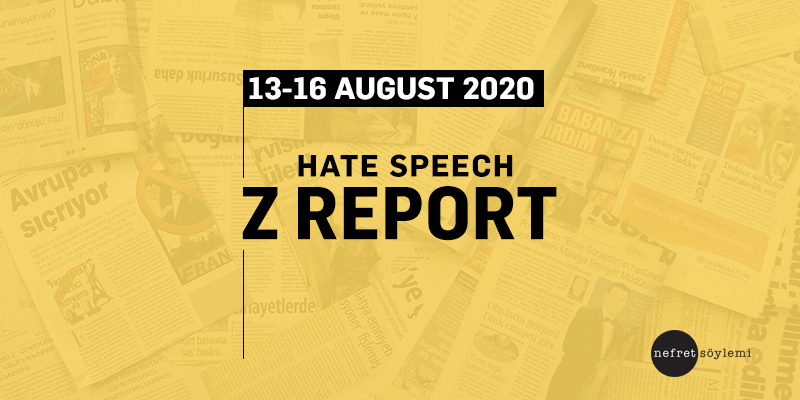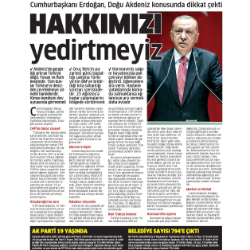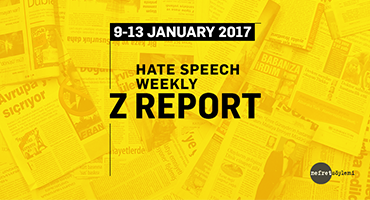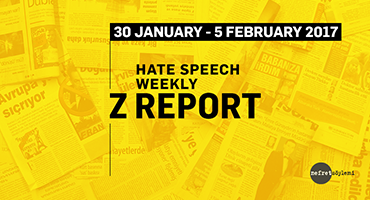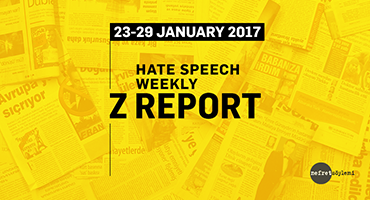Within August 13-16, 2020, three articles that generate hate speech were selected from print media. You can find three articles that contain hate speech against Armenians, Greeks, Cypriots, and LGBTI+ as well as the analyses written about them below.1
1.Reporting President Recep Tayyip Erdoğan’s statement on international tension in the Eastern Mediterranean, the article published in Analiz Gazetesi uses the title “Greek mentality escalating the tension” in a way to provokes readers through a discourse that refers to disputes between countries and state policies on the basis of national identities. |
2.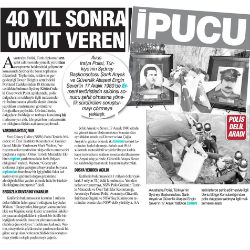
Reporting that investigations on assassinations of Turkish diplomats are coming to an end, the article published in Dokuz Sütun Gazetesi criminalizes Armenian identity by repeatedly saying “Armenian terrorist” and mentioning the assassins with their national identity. |
3.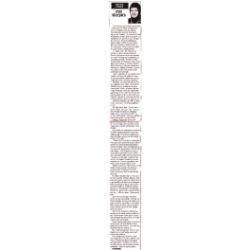
Discussing criticisms and objections against the Istanbul Convention in her column in the local newspaper Son Saat, Nurten Lökbaş writes: “They founded LGTBI organizations. They received a standing ovation by green and purple feminists. The loser lives they’ve been living for years were appreciated with these habits” and “While the West is trying to import its lost, exhausted and rotten life, we, as Muslims, cannot let them format our society with non-Muslim conventions”. In this way, she uses a defaming and marginalizing discourse by defining LGBTI lives as “losers” and the lifestyle of people under the umbrella of Western identity as “lost, exhausted, rotten”. |
1. Within the scope of the media monitoring work focusing on hate speech, all national newspapers and around 500 local newspapers are monitored based on pre-determined keywords (e.g. Traitor, apostate, refugee, Christian, Jewish, separatist, etc.) via the media monitoring center. While the main focus has been hate speech on the basis of national, ethnic and religious identities; sexist and homophobic discourses are also examined as part of the monitoring work.

